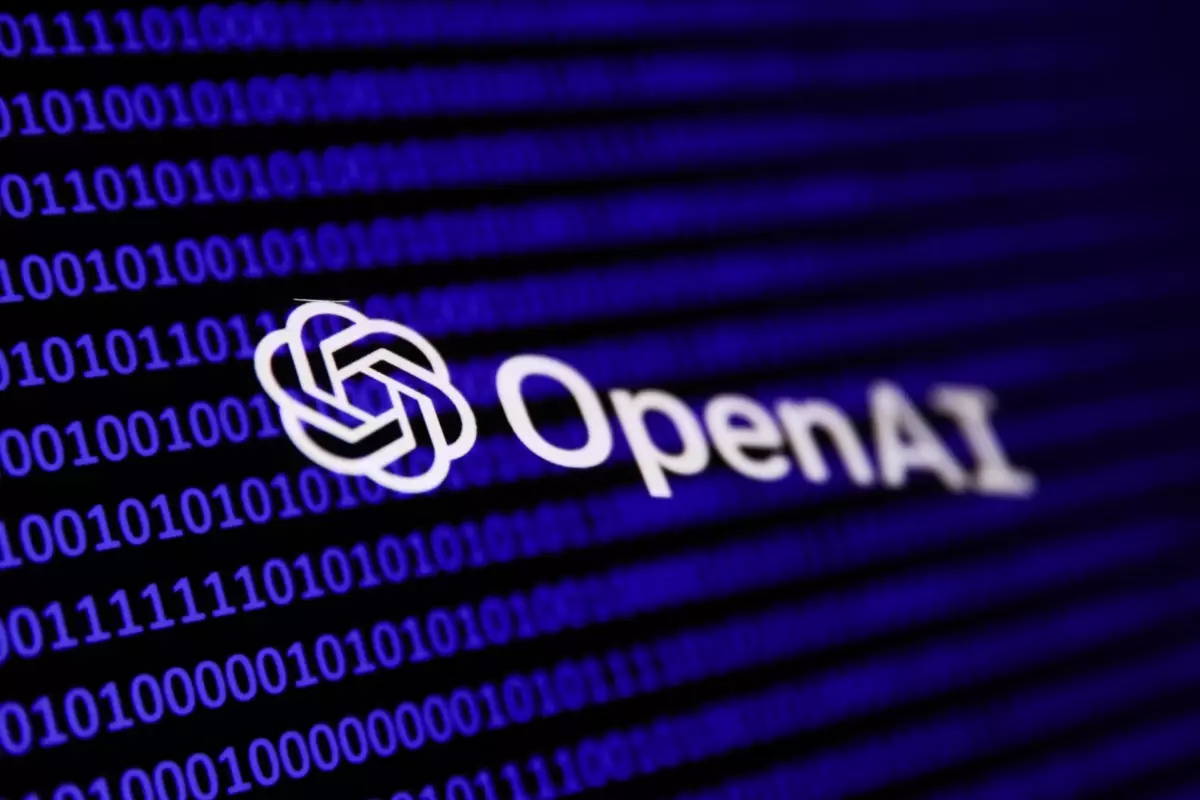In the ever-evolving landscape of artificial intelligence, competition fuels innovation, but it also poses ethical dilemmas and regulatory challenges. Recently, Meta, the parent company of Facebook, has taken a controversial stance by aligning with Elon Musk in his campaign against OpenAI’s transition from a non-profit organization to a profit-driven model. This maneuver not only underscores the competitive rivalry between Meta and OpenAI but also raises significant questions about the implications for the broader tech ecosystem and regulatory landscape in Silicon Valley.
As reported by The Wall Street Journal, Meta’s lawsuit aims to file a formal complaint with California Attorney General Rob Bonta, highlighting the “seismic implications” the shift could have on the industry. This phrase is not merely a rhetorical flourish; it suggests that the foundation of AI development could be jeopardized if organizations prioritize profits over public benefit. Meta argues that the new business model adopted by OpenAI compromises the integrity of its initial mission—advanced AI for the greater good—and poses a risk to non-profit investors who may find their tax-write off advantages exploited in favor of profit margins.
Musk’s legal pursuits, alongside former OpenAI board member Shivon Zilis, further complicate the narrative. His dual role as a co-founder and current competitor underscores a deep-seated concern. Can stakeholders lean on the expertise of individuals formerly aligned with organizations to argue on behalf of public interests? Or does this create a conflict of interest, blurring the lines between advocacy and rivalry?
Meta’s articulation of the issue highlights a significant economic consideration: the potential for non-profit investors to garner the same financial benefits as traditional for-profit investors. This pecuniary perspective sheds light on systemic inconsistencies that may arise when organizations that were intended to operate under altruistic ideals pivot towards profit-driven frameworks. For instance, the reallocation of resources and divergent strategic goals could lead to a concentration of power in few hands, undermining the foundational principles of community-driven innovation.
Furthermore, the AI sector is witnessing a surge in competition, with major players like Meta, Musk’s xAI, and OpenAI vying for market dominance. Each entity’s motivation can heavily influence tech developments and corporate ethics, prompting an examination of whether capital-driven models detract from altruistic aspirations. Meta’s support for Musk reveals the intricate layers of this competition, indicating a willingness to disrupt industry norms for strategic advantage.
As the debate unfolds, it prompts vital discussions regarding governance and oversight in AI development. What kind of regulatory frameworks are needed to protect the interests of the public and ensure that AI technologies remain true to their intended purposes? Meta’s actions signal a shift towards a more critical approach in assessing how AI entities like OpenAI operate, especially when their missions may contradict shareholder interests.
The intersection of competition, ethics, and regulation in artificial intelligence is becoming increasingly complex. Meta’s stance on OpenAI and Musk’s ambitions marks not only a pivotal moment for those companies involved but also a fundamental question for the industry at large: how do we balance innovation with ethical responsibility? As this saga continues to evolve, it will be imperative for stakeholders and regulators alike to navigate these turbulent waters thoughtfully.

